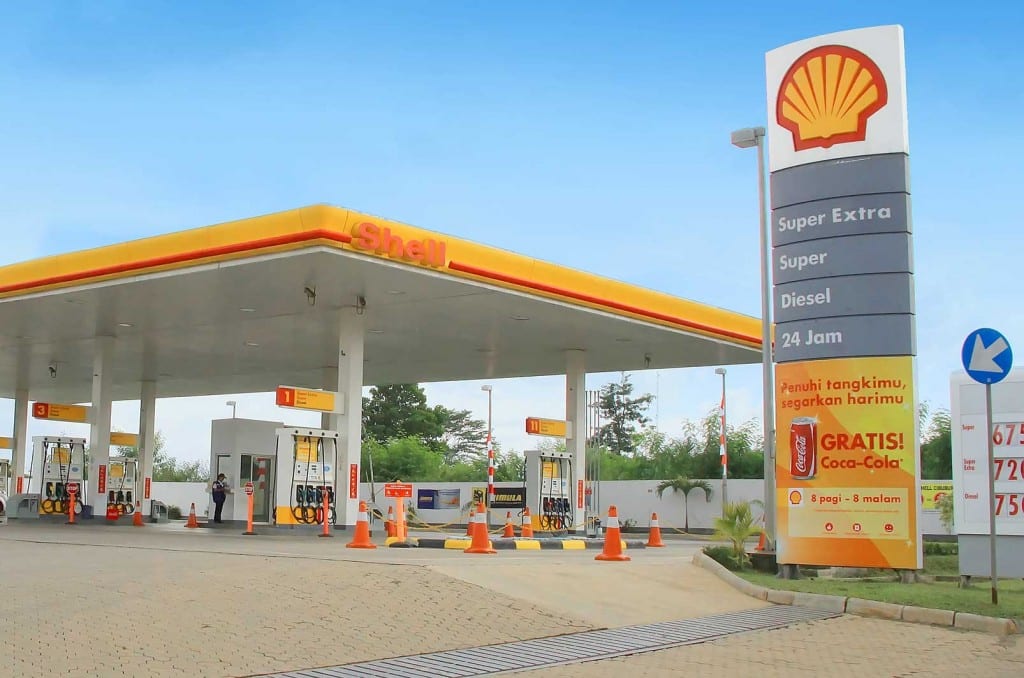
Local prices mirror global trends.
There is no evidence to suggest that petrol companies conspire to control oil prices in Singapore, according to a study by the Competition Commission of Singapore (CCS).
The study showed that local oil retailers base their prices on the Mean of Platts Singapore (MOPS) price, which refers to the cost at which petrol companies purchase the refined wholesale petrol from the refineries.
The CCS said that listed retail petrol prices was observed to move in tandem with the price of MOPS over a six-year period between 1 January 2010 and 31 January 2016, although the pass-through was neither complete nor immediate.
The MOPS price also made up less than a third of listed retail petrol prices. Other components of retail prices include operating costs, taxes and duties, land costs, discounts and rebates. The cost of these non-fuel components have generally increased in the past few years, the report noted.
For the period of June 2014 to January 2016, crude oil price fell by an average of 59 SGD cents, or 67%. Consequently, MOPS price fell by 52 SGD cents or 53%, and the listed price of Octane 95 fell by 35 SGD cents or 15%.
Including discounts, rebates and levy increase in February 2015, the effective price that consumers paid for Octane 95 was found to have fallen by 45 SGD cents, or -24%.
This indicates a “relatively high level of pass-through” of the fall in MOPS price to consumers over this period. the report noted.
“The operating income margin of the petrol companies has also increased, but the increase is smaller relative to the increase in the non-fuel components. There is no evidence to suggest collusion in petrol pricing, even though petrol companies monitor and react to each other’s published prices,” the CCS said.